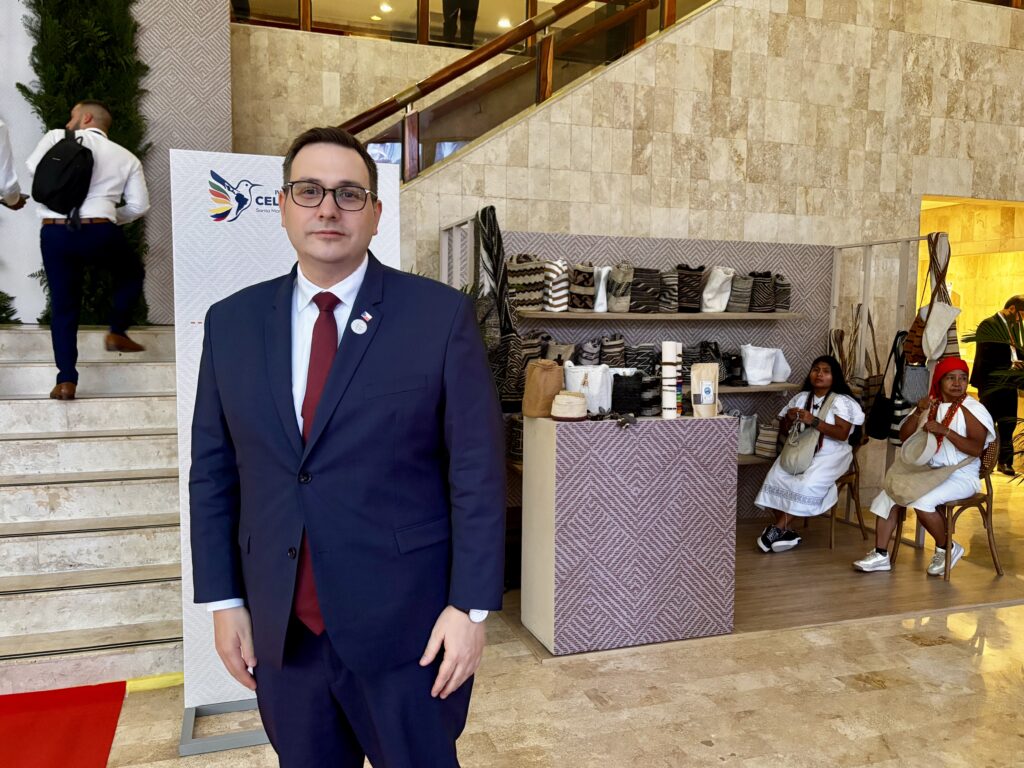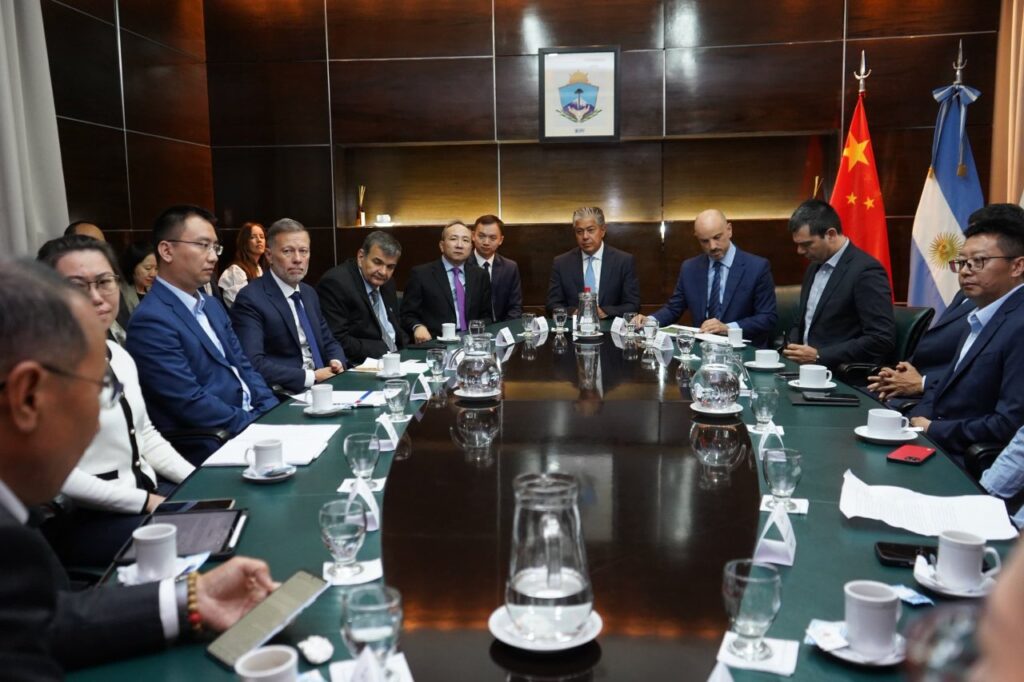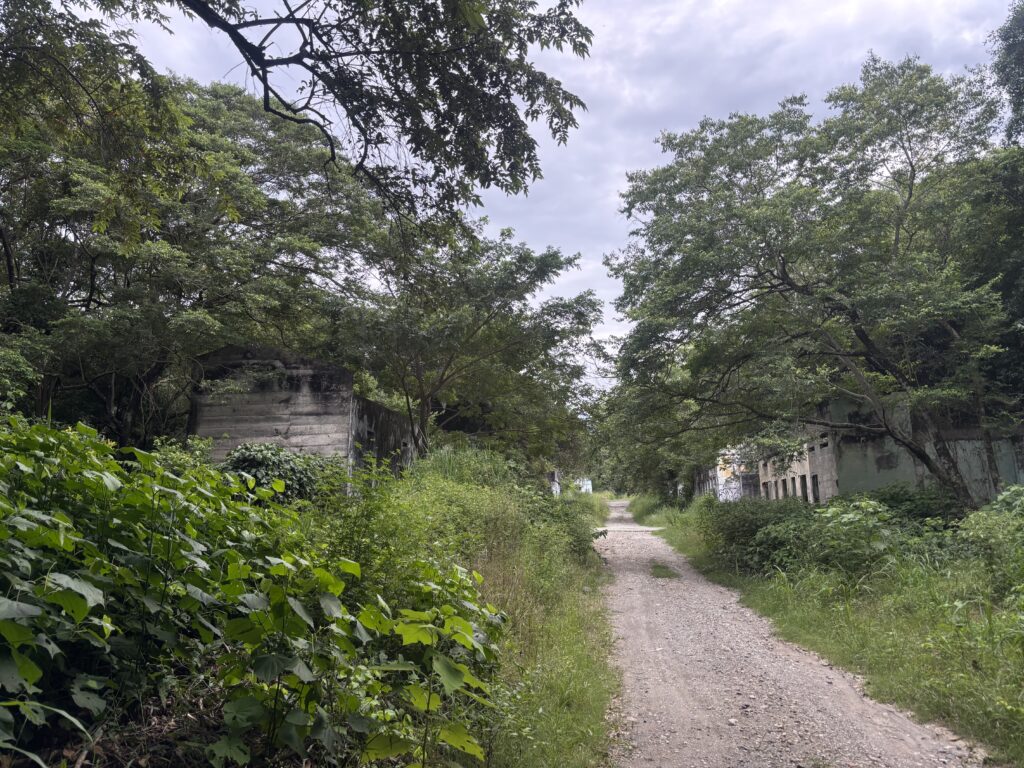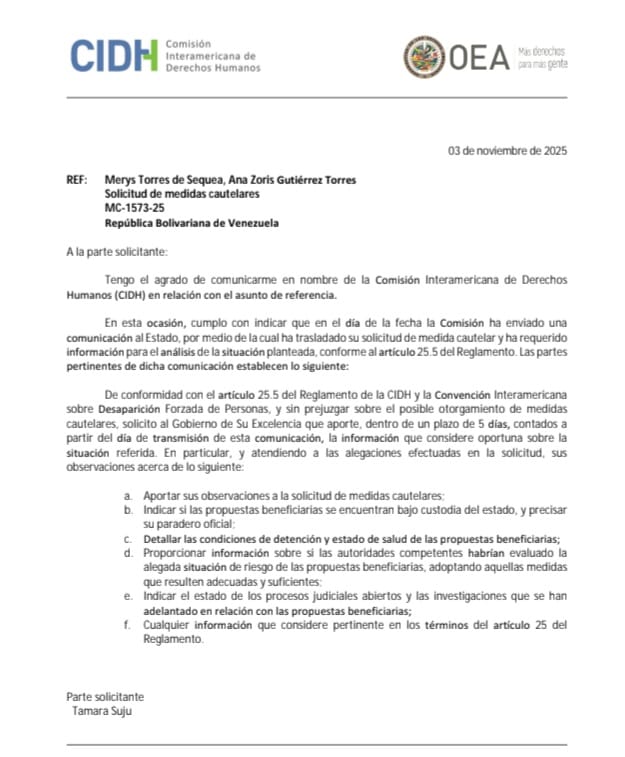The Colombian coastal city of Santa Marta became a focal point for international diplomacy as leaders from Europe, Latin America, and the Caribbean gathered for a crucial summit.
Despite last-minute absences from several prominent figures, the meeting drew significant political weight, including Brazil’s President Lula da Silva, Spain’s Prime Minister Pedro Sánchez, and European Council President António Costa, alongside Colombian President Gustavo Petro as host.
A palpable tension hung over the proceedings, fueled by increasing pressure from the United States on both continents. Delegates openly questioned Washington’s positions on critical issues like international law, climate action, and global trade practices.

The summit commenced Sunday morning, with arriving delegates briefly addressing the press at the Pozos Azules Convention Center. President Petro immediately established a defiant tone, declaring the necessity for Latin America and Europe to unite “against barbarity.”
Petro’s opening remarks quickly transitioned into a direct critique of U.S. actions within the region, specifically condemning a recent campaign of boat bombings that have resulted in nearly seventy deaths.
The attacks drew sharp criticism from multiple delegates, including Kaja Kallas, Vice President of the European Commission, who labeled them a clear violation of international law.
However, the resulting joint declaration, released Sunday evening, offered only a carefully worded call for “compliance with international law” in combating transnational crime and drug trafficking, stopping short of outright condemnation.
The statement acknowledged differing viewpoints on the issue, but offered no specifics. Support for the U.S. approach to drug enforcement was voiced by nations like Trinidad and Tobago and Guyana, while others appeared hesitant to provoke a strong reaction from Washington.
Petro himself has faced repercussions for his outspoken opposition to the bombings, finding himself on a U.S. sanctions list. Speculation arose that the withdrawals of German and French leaders were linked to the escalating dispute with Petro.
European representatives present skillfully deflected direct involvement in the conflict. Czech Minister of Foreign Affairs Jan Lipavský emphasized that bilateral issues were outside the scope of the EU-CELAC summit.
Lipavský instead highlighted the importance of bolstering trade relations between Europe and Latin America, and countering China’s growing economic influence in the region. He also noted the summit provided a valuable forum for discussing global challenges like the conflicts in the Middle East and Ukraine.
The final declaration underscored a commitment to democratic principles, respect for international law, and the pursuit of peace, stating a clear “opposition to the threat or use of force” and prioritizing conflict prevention.
Beyond security concerns, the summit reaffirmed a shared commitment to addressing climate change, directly challenging growing skepticism fueled by the U.S. administration, and recognizing the widespread impacts of a warming planet.
Delegations also expressed a desire to reduce trade tensions and strengthen the World Trade Organization, implicitly rebuking the protectionist policies enacted by the U.S. that have negatively impacted nations like Brazil, facing substantial tariffs.





